Opinion: Modern musicians need to produce music
March 14, 2017
Musicians of the past are not the musicians of today, and the music business of today will not be the music business of tomorrow.
While new technologies emerge and old business models fade, the state of the music industry is nothing sort of uncertain. While some established artists and industry executives view this as a time of panic, most independent artists and entrepreneurs, like myself, see a plethora of opportunity.
Growing up as a teenage home-studio music producer in the suburbs of southern Orange County, California, my biggest goal was to make music that sounded like it was recorded at ‘big name’ studios.
Recently, some say I achieved that goal when I started producing my good friend and independent artist James Quick, who has received almost two million plays on Spotify after one of his tracks got featured on a prominent curated playlist.
The day I saw James’ music listed in-between two radio hits was the day I realized that commercial or ‘big name’ studios were no longer necessary to make great music.
A laptop, some speakers, a microphone and knowledge is really all that is needed to make a great record nowadays, which is why more artists need to take advantage of this opportunity and learn music production.
Commercial recording studios definitely still serve a purpose, they just don’t decide what songs get recorded, and for what price, anymore.
Recording studios often cost hundreds of dollars to book, and many novice artists end up wasting their time and money because they are not being properly trained on how to prepare for a session.
By bypassing the need to book and pay for studio time, artists and producers can spend more time creating and releasing music.
This process allows artists to apply to music what Eric Ries, author of the Lean Startup, coined as the ‘minimum viable product.’
The minimum viable product is a “version of the product that enables a full turn of the Build-Measure-Learn loop with a minimum amount of effort and the least amount of development time.”
By understanding the very basics of recording and mixing their music, artists can take advantage of the ‘build’ section of the loop and create their ‘MVP’ tracks faster, cheaper and more frequently.
Artists can then measure the success of their recordings by releasing them on iTunes, Spotify and the other major platforms with the use of digital distribution outlets like DistroKid.
Once the music is out there, they can gain feedback and learn from fans as to what they like and don’t like. Artists can use this to craft their sound so that with every record, their brand is maintained. Conversely, artists can pivot and change their sound if they suspect that fans are becoming bored or uninterested.
While some producers may scoff at the idea of artists being that involved in the creation of a record, I say embrace it.
This industry has always been about collaboration, and by bring artists deeper into the creative process, better music can, and will be, made.
Therefore, taking the time to learn to produce your own music— through production classes, online tutorials or private tutors— is an investment that every artist needs to make in this changing industry if they hope to thrive.


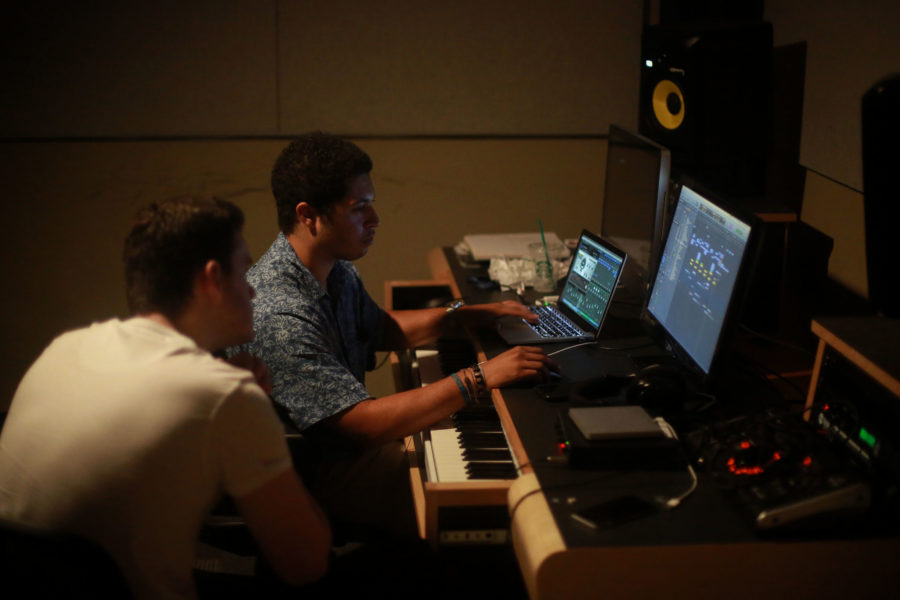




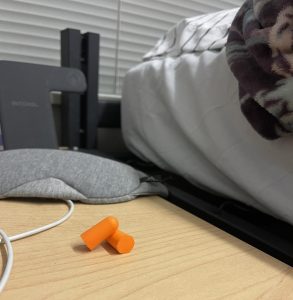
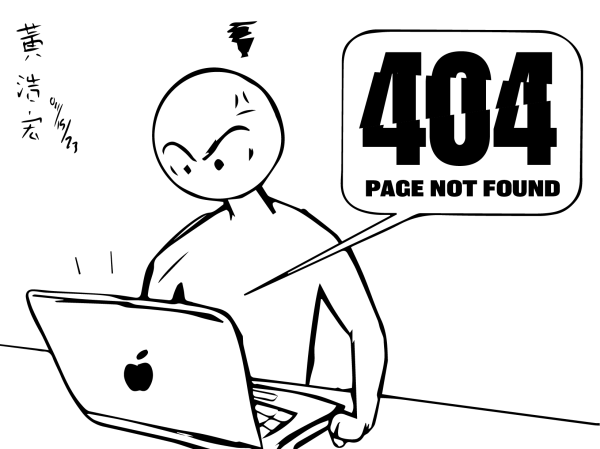
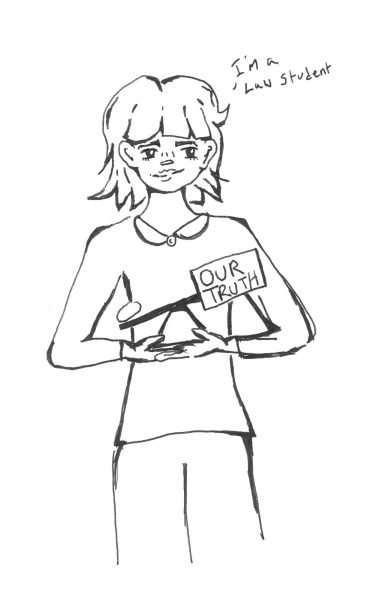
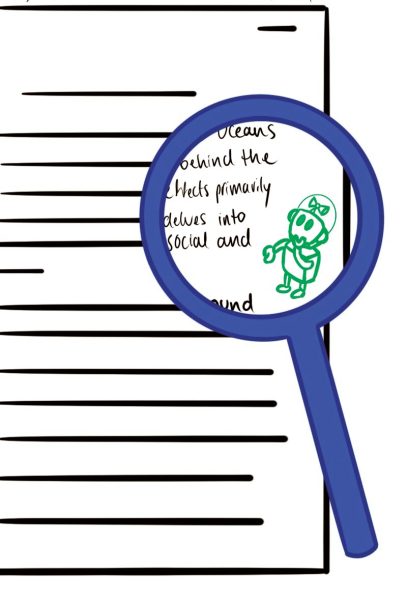
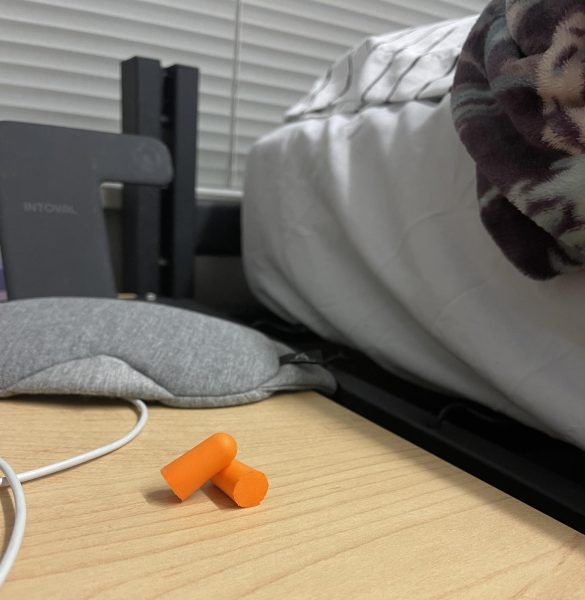
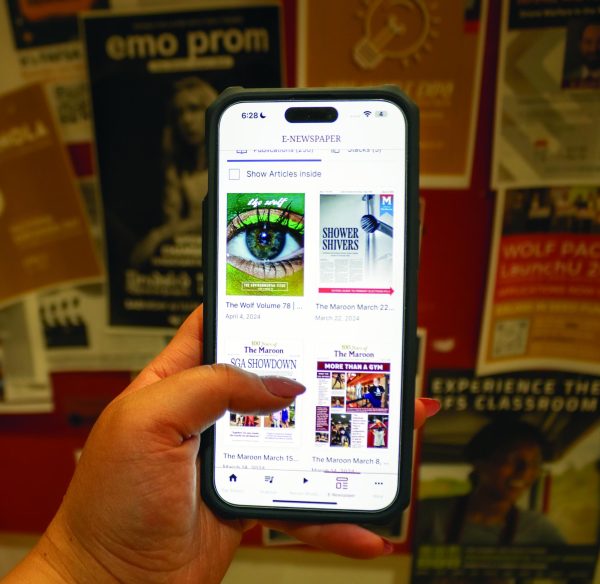

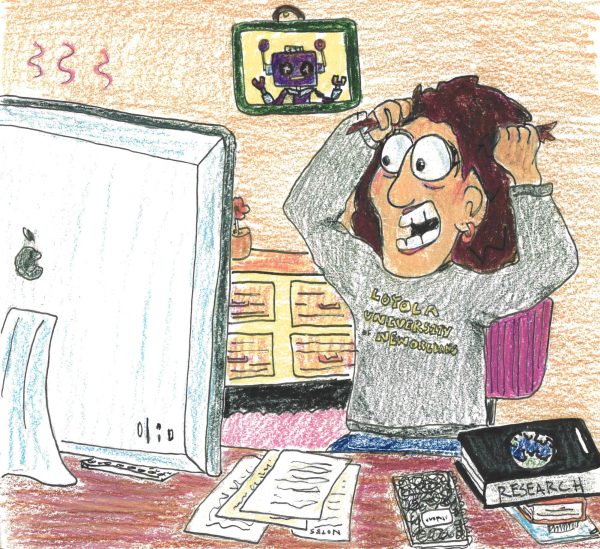
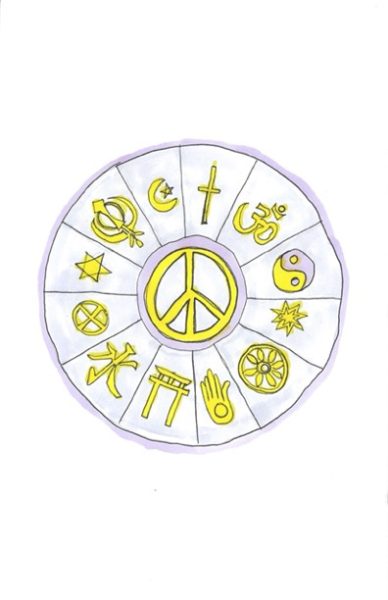

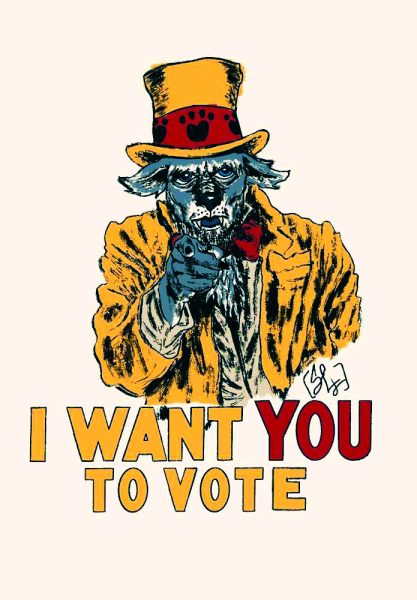
Oneida CJ Swain • Mar 16, 2017 at 2:45 am
Valuable words of wisdom and foresight spoken in this article! A must read for any aspiring musician or recording artist!